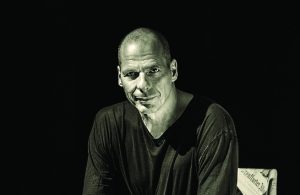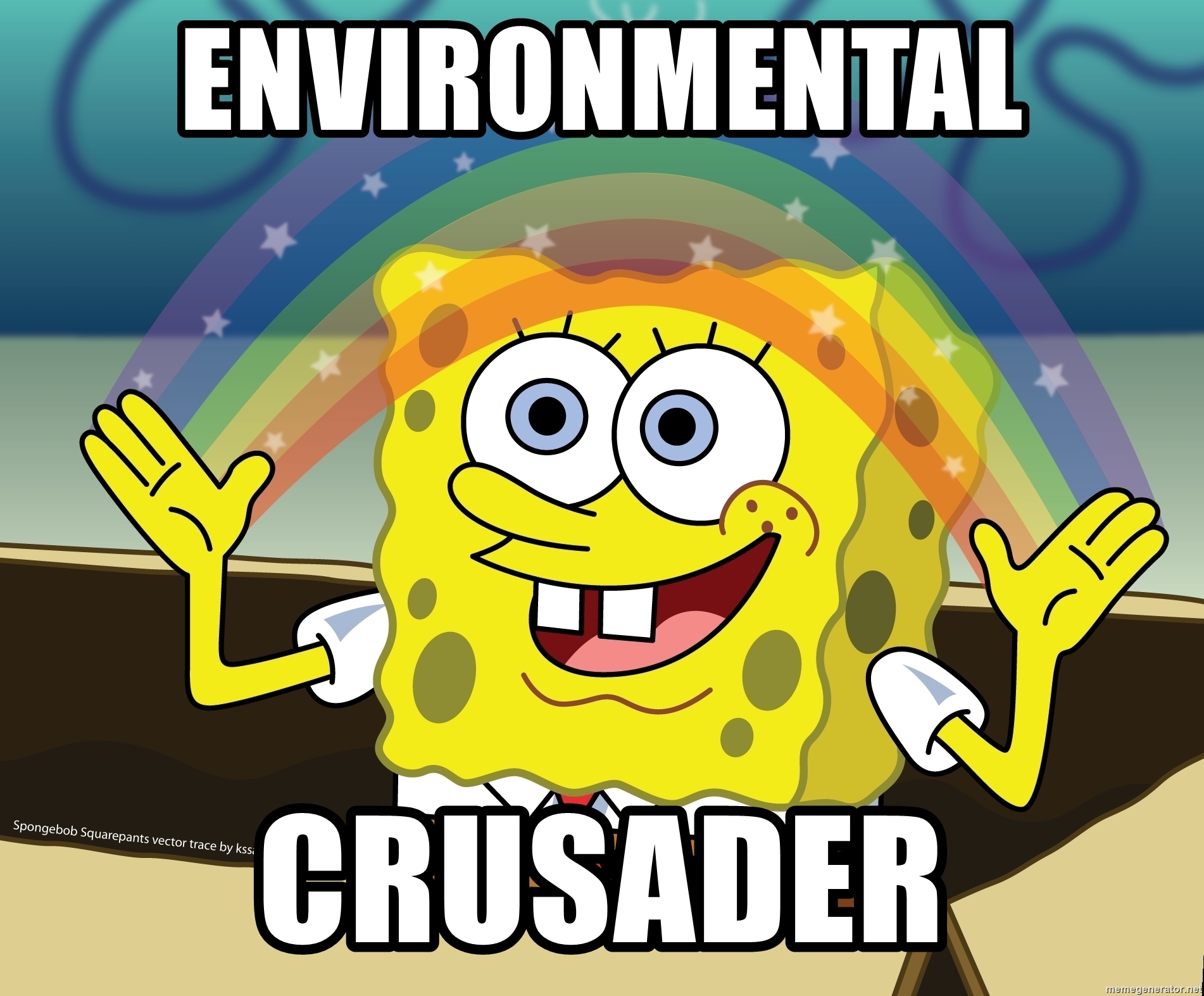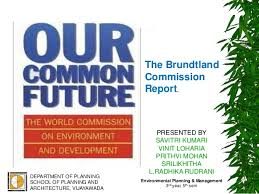
Articles
Towards nine billion – humanity is a shared endeavour
The number of people in the world is set to grow to more than nine billion by 2050. Joss Tantram asks what kind of world do we want for them.

Independence for Andalusia
Can British farmers learn from their counterparts in southern Spain to spit out Brussels’ poisoned sweets? Joe Zammit-Lucia and Astrid Vargas write. The high plains of Andalusia in southern Spain

Unfair trade
Gooding – an economic development officer at work, Yukon 1992. A remote mountain community was torn up when the free market came to town. Tim Gooding describes his findings on

The economics of ending PFI
Private Finance initiative deals are a source of significant public sector savings – when they are cancelled – says David Hall. While the media and professional classes in Britain have

Behaviour is good
How do you measure it? Can you turn it around? ‘How?’ is becoming as important a question as how much? in investors’ regulators’ and customers’ appraisals of businesses. Deborah Hawkes

Sustainable development in Costa Rica: how real is it?
Costa Rica: a mirage of sustainability? A focus on sustainable development has shown some success in Costa Rica but its credibility is undermined by persistent economic inequality and widespread environmental

If the economy is circular, what shape is the consumer?
Whatever it looks like on the official reports, try to remember: out there it’s muddy and messy. Policy and business may appear to be moving towards greater sustainability but what

Do macroeconomists have morals?
Humans perceive symbols and narratives that have meanings (rather than process information). What might economists want with anthropologists? Laura Bear offers a few suggestions. As an anthropologist among the tribe

Can green technologies solve our economic problems?
Despite recent cost reductions in solar panels and wind turbines, the world still gets over 85% of its energy from coal, oil and gas. Governments are intervening as they accept
Interviews

Annulus mirabilis
Raworth: I’m not a serious academic; I’m a serious activist. Kate Raworth has, in her blend of new economic thinking, served up a printed equivalent of hot cakes with her

State: your business
Barker: “Politicians are perfectly entitled to do things to political ends but you’ve got to have somebody who encourages them to stop and think before they do.” The government has

Unorthodox Greek
Yanis Varoufakis is a heavyweight academic economist with a rare combination of style and substance. He talks to The Mint. Economics professor, Yanis Varoufakis, describes himself as a “failed finance minister
Columns

The revolution will not be linearly extrapolated.
Tomorrow is always more radical than we can realise today. Just ask Lenin. Any truly sustainable path is radically unconventional – politically, socially, economically, financially and environmentally. Relentless entropy seeks

Pointing the way to digital success
Khokhar: “It’s getting to read between the lines, or getting to understand the person, the business, and their motivations, and their rationale.” An entrepreneur for entrepreneurs – Bill Khokhar shows

Sustainably Yours
A late charge by Thomas into the green, ends in bloodshed and disappointment. If only they had consulted Professor Bastion. Thomas has gone green. Our dear girl Hermione wasn’t even

Time to Pay Peter
It is 30 years since the Brundtland Commission published its report on Sustainable Development. This was the official response to the Club of Rome’s Limits to Growth work that created
